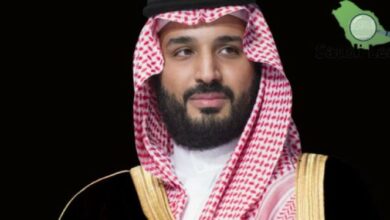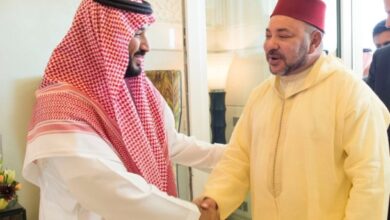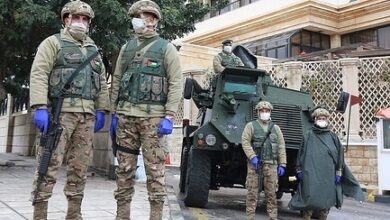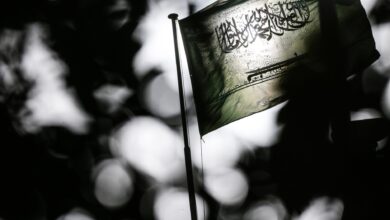Collective Punishment: Saud House revenge against its opponents
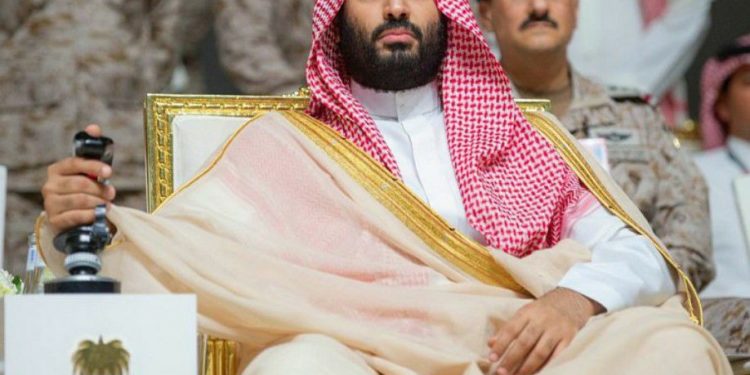
The Saudi authorities of the security forces under the jurisdiction of Mohammed bin Salman have introduced new means to besiege his political opponents, preachers, and elders in an escalation of reprisal actions.
These measures included orders to travel ban and arrest relatives of dissidents in violation of the most basic international conventions and even religious values and teachings.
The Saud House regime practices the most severe forms of torture, opposes its opponents and makes deals with those they regard as key tools for establishing the legitimacy of the Kingdom’s rule.
The transformation in the Kingdom is not in the transition from democracy to repression, but from suppression to repression, but the only thing different is the quality of these measures and the transformation of the oppressed groups.
Bin Salman also launched a large-scale arrest campaign against members of the Muslim Brotherhood in the Kingdom, after the group was a willing intermediary by the Kingdom to end any tribal conflict within the Kingdom by using their influence in the tribes or by using it in any regional issue.
The wave of arrests has spread to non-Islamic figures, such as economic analyst Essam al-Zamil, writer and author Abdullah al-Maliki, and many others.
As part of his efforts to establish a new system of repression, bin Salman has introduced a means of preventing travel for people who have been arrested, a method that has not been used over the past years, especially with regard to the relatives of detainees.
This method was discovered after the authorities of the Saud House prevented the sons of the preacher Salman al-Awda from leaving the Kingdom, according to his eldest son, who is abroad.
The family of al-‘Awda is not the only one who has been prevented from traveling. The security services of bin Salman prevent the children of prisoners of conscience from travel and also prevented all sheiks and preachers (even those who praise the regime).
In contrast to some issues or decisions issued by the Royal Court, the Saudi citizen avoids talking about them or interacting with them. For reasons of fear of repressing the security services for them, the great son of Salman al-Awda found his family and brothers reluctant to travel outside the country with great sympathy.
“Unfortunately, the news of travel bans is true for my sisters and brothers, and it was also unprovoked and unexplained,” Abdullah al-Awda, a resident of the United States, wrote in a tweet. “These young brothers. They lost their mother in an accident months ago. Then arrested their father. They are now forbidden to travel, “and attached to the pictures of his father with his younger brothers.
Saudi authorities arrested the mother of the London-based Abdullah al-Ghamdi in March last year, despite her 60-year-old life for sending money to her London-born son, and also arrested his two brothers and his mother in exchange for his extradition.
Al-Ghamdi’s case is not the only case. The authorities then arrested Omar bin Abdul Aziz al-Zahrani’s two brothers: Ahmed, 25, and Abdul Majid, 19, and tortured them with electric shock and waterboarding to force him to return to the country and surrender himself in exchange for their release.

